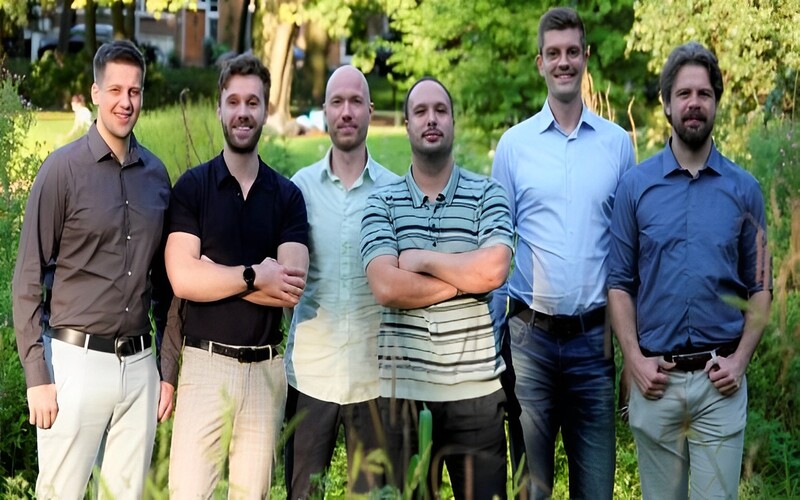Angstone, a company in Arnhem, the Netherlands, declared on September 21 that it is creating Luna Glasses to aid those who suffer from night blindness in seeing in the dark.
These specialized glasses are designed to enhance eyesight in low light.
The development of Luna Glasses, which could considerably improve the quality of life for those with night blindness, depends on this funding.
Support for Angstone among investors
The ION+2 fund of Oost NL, which is sponsored by the REACT-EU program, provided financing for the project.
The European Union’s REACT-EU program aims to foster a robust, ecological, and digital recovery of regional economies by providing financial resources.
The Bartiméus Fund, Rising Star Venture Partners, and Neosera have also invested in Angstone.
According to Robin Tjass, a tech investment manager at Oost NL, “During the development of the Luna Glasses, extensive research was done into the needs of the target group: inconspicuous glasses that help people avoid obstacles in the dark.”
Karst and his crew have created the Luna Glasses to improve the living conditions for those with vision impairments. We at Oost NL aspire to advance precisely these technological breakthroughs with significant social implications.
Lunar Eyewear
Around 300,000 people in the Netherlands are visually impaired, and 70% have trouble moving around independently. Luna Glasses, which allow people with night blindness to move around on their own in dimly lit areas, address this issue.
According to Angstone, this enhanced mobility may result in better job opportunities, more social engagement, and an overall improvement in their quality of life.
According to CEO Karst Hoogsteen, Luna Glasses are made to improve the independence and mobility of people who suffer from night blindness by enabling them to see in the dark.
“The spectacles have a projector, camera, and computer. Images from the camera are processed with a night vision algorithm in a split second before being displayed in the glasses. According to Hoogsteen, this produces an augmented reality that enables those who suffer from night blindness to see in the dark again.
Funding for product development from a prototype
Angstone is advancing its product with the help of funding. ‘There is currently a working prototype, but we need to get glasses ready for sale,” explains CEO Hoogsteen. It requires financing to make that move.
“Oost NL combed over our proposal with a fine-tooth comb and did not make things simple for us. We thoroughly investigated the offer, having numerous discussions regarding the technology, the market, and the business case.
“In the end, we even had the luxury of selecting our investors, after which we worked together to form a potent consortium. We connected with individuals who want to serve as mentors or coaches and provide some funding through the Oost NL business angel network.
Hoogsteen continues, “This is vital for a new team like ours since the expertise and experience they provide cannot be found in a book.
Collaboration with professional organizations
For the development of Luna Glasses, Angstone has teamed up with ZIGN Innovations, a business with expertise in designing and manufacturing medical devices.
To guarantee a thorough awareness of the demands of end users, Angstone additionally worked with interest group The Eye Association and specialist organization Bartiméus.
Although the Netherlands will host the initial Luna Glasses launch, the long-term goal is to make these glasses available to people with night blindness everywhere. According to the development schedule, the first set of Luna Glasses should be available for use in around 2.5 years.

